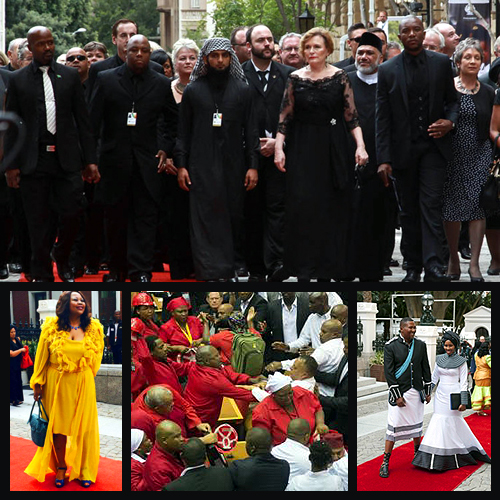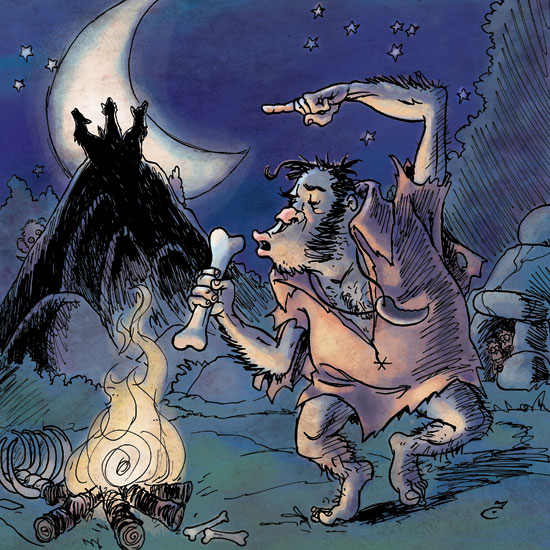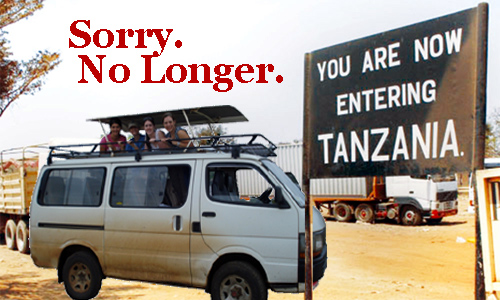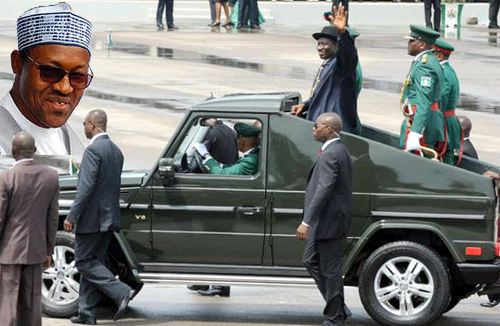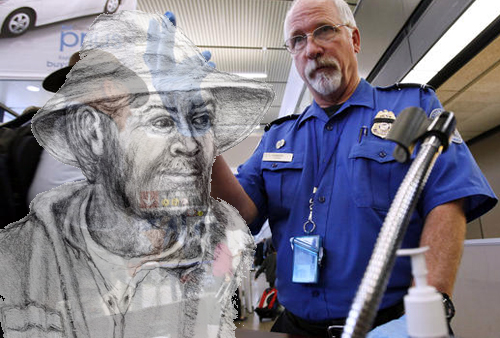 Those of us daring to leave the country after today through unpaid security staff might heed the following advice.
Those of us daring to leave the country after today through unpaid security staff might heed the following advice.
Go early. I can’t blame anyone who works for the TSA for slackening up. Many went through this in the 2013 government shutdown, and the experience wasn’t pleasant or fair to any of the workers.
To begin with senior personnel who aren’t on the front lines of security will actually be furloughed, just as they were in 2013. The bosses.
Everyone eventually got paid, including these senior managers. So for the bosses it was, in effect, a paid vacation. That doesn’t sit well with the employees who have to come in under the terms of their contract … even without pay.
“When it comes down to it, there’s people who’s going to decide not to come to work,” Bob Bartz, the TSA Local 1048 president told ThinkProgress Monday.
Congress thinks that it has “fixed” the disaster that confronted travelers when the 2013 shutdown began, by funding traffic controllers and a few other essential personnel. But not paying people who are doing legitimate work is not exactly a fix that sticks.
I’m reminded of a section of my new novel, Chasm Gorge. Len Willy, the safari guide, has just returned to Nairobi and must pass through immigration and customs, manned by officials rarely paid:
The line moved quickly, and the fatigued official stamped his passport without even looking at him. He quickly walked down the never having worked and never will work escalators into baggage reclaim where the overworked carrousel tried, stopped, and tried again to revolve baggage back into the lives of passengers.
Len’s line of sight cut over the frozen stares of the passengers to the customs tables, where indecently clothed and overstuffed officials waited for their bribes, appropriately directly beneath a newly painted sign that announced that no bribes should be paid.
His two bags arrived, and with his fingers already searching for money in his front pocket, he quickly walked towards the customs table.
Kenya was a land of chai, the Swahili/Hindi euphemism for a bribe. In the old days Len remembered resisting angrily, staring at young hooligans’ hands with the disgust of a master visitor, capable of withdrawing his support and the thousands of American tourists he commanded. But the fat Wazee who manned the scratched and scarred customs tables were no hooligans. Their clothes were frayed, their eyes held in sockets by flaps of skin made thick by nights of no sleep. Big bellies were likely extended not from too much food, but from too much cheap changaa – cheaper, sweeter, faster than a bottle of beer.
Len could muster no anger when he imagined the throngs of family waiting to be fed, clothed, and sent to school by a single man fortunate enough to be closely enough related to some high official that he got this coveted government position – only not to be paid from the national treasury for months.
Len was stopped. Most weren’t. But he was as much a ripe target for chai as tourists were for cab and elephant hair bracelet scams. Resistance welled in his veins even as his pocketed hand grabbed the hundred shilling note.
The customs official didn’t even try to seem legitimate. Instead, he just threw his fingers at random parts of Len’s bags.
Len pulled the shilling note out of his pocket, and before he even opened his hand, the official snapped it up with little regard to keeping it secret and then casually took out his wallet and carefully folded in the note, abandoning all notice of Len as he returned his attention to the back of the arrivals hall, deeper into the carousel’s twists and turns than luggage would ever go.
“Three kilos of flour, or a half kilo of tea, or all the makings to launch a SAM,” Len recounted dreamily to himself the worth of his hundred shillings.
Nairobi has greatly improved since that segment was inspired.
O’Hare, on the other hand ….



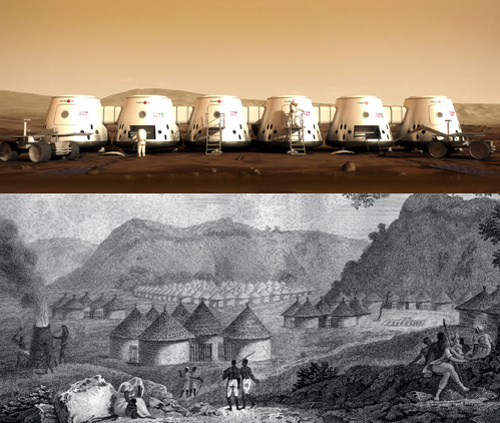


 Today is the American Presidents’ Day holiday, and as in Africa perhaps we should think of as commemorating ‘The Age of Presidents.’
Today is the American Presidents’ Day holiday, and as in Africa perhaps we should think of as commemorating ‘The Age of Presidents.’